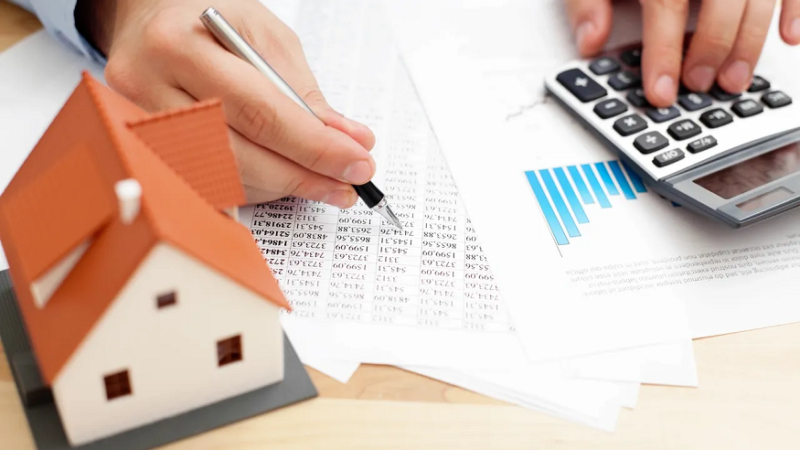Ways to Pay off Your Mortgage Without Borrowing Again

How to Pay off Your Mortgage Without Taking out Another Loan
Since we all need a place to call our own, most of us will take out a mortgage loan at some point in our lives. However, when reality hits that we’ll be indebted for around 15 to 20 years, our home can begin to feel like burden.
There might be time when we’d run out of sufficient cash, affecting our ability to repay. In the worst case scenario, our home will be foreclosed, or we may be forced to file a bankruptcy.
If you haven’t applied for the loan yet, but are already worried about repaying, try out a fool-proof home mortgage calculator first. It can show you the types of mortgages you will likely afford, enabling you to create a repayment plan in advance.
And as you save for a down payment, here are some easy ways to pay off your remaining balance without borrowing again:
1.Take Advantage of Windfalls
It may be tempting to spend your bonuses and incentives for leisure or gadgets, but when you’re repaying a mortgage, it should be your priority. You don’t have to put your entire windfall in the mortgage, though. You may just take out a good portion of it to relieve you of debt. But if you get a raise, it’s advised that you put all your extra income into your mortgage. For example, if you’re paid $5,000 every month, and you received a 3% raise, then immediately put the extra $150 into your debt. You won’t even miss the money, and you can enjoy greater savings.
2.Switch into a Biweekly Payment
Many lenders give opportunities for biweekly payments instead of just the traditional monthly ones. In a biweekly payment method, you will pay only half of what you owe every month, but you’ll do it every two weeks. It won’t seem different from a monthly payment, but you’ll feel its impact over time.
For example, if you pay $1,000 every month, that’ll become $500 payments every two weeks. Since there are 52 weeks in a year, the result will be 13 full payments, as opposed to only 12, which is the case in traditional monthly payments.
Therefore, you’ll be making one extra payment every year. This can allow you to pay off your mortgage in full four years earlier, and you can even save on interest payments.
However, verify with your lender first if they allow this method. If they don’t, then review your contract and see if the next option is allowed.
3.Lease out Your Home
Some mortgage contracts allow the borrower to temporarily lease out the home. So refer to your contract first before considering this option. Ensure that there are no prohibitions, because non-compliance may result in hefty penalties, which may affect your credit.
Leasing out your home is a good option when you meet these two factors: Your home can be rented for or greater than your mortgage payment, and you can find a good and affordable place to stay for the meantime. You may also just rent out a portion of the home, like a bedroom, so you can do away without the second factor. Read more:To determine a competitive lease rate for your home, directly consult a real estate agent or a property management company.
Consult your mortgage lender as well, even if you don’t find any prohibitions in your contract. Explain your reasons for leasing out the home, and how much of it will be used for rental. Lenders require borrowers to take out additional home insurance if tenants will be living in your home. They may also ask for other requirements, including a proof that a qualified company will handle the documentation processes of the lease.
With these strategies in your repayment plan, you can always ensure that you’ll maintain a good relationship with your lender. Your credit will also flourish, and you’ll learn to manage your finances more wisely.




